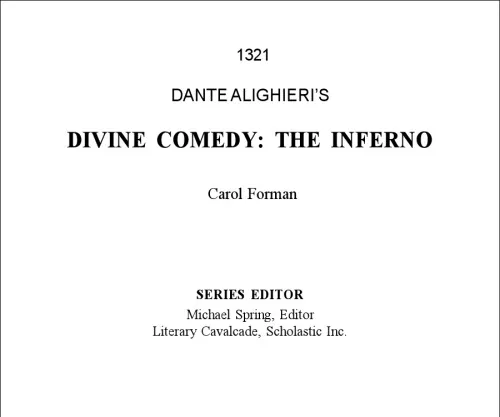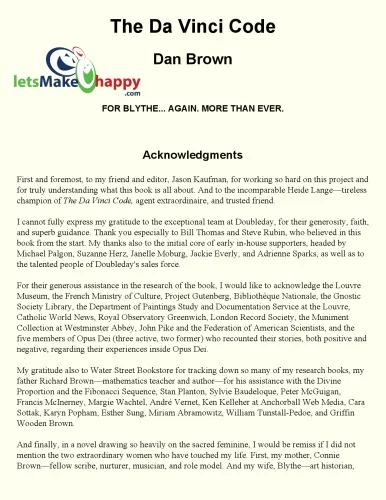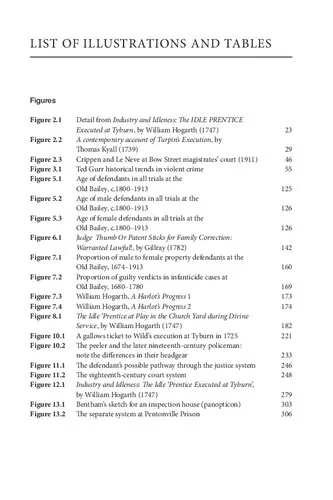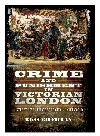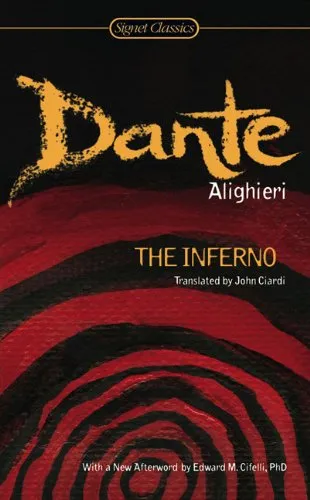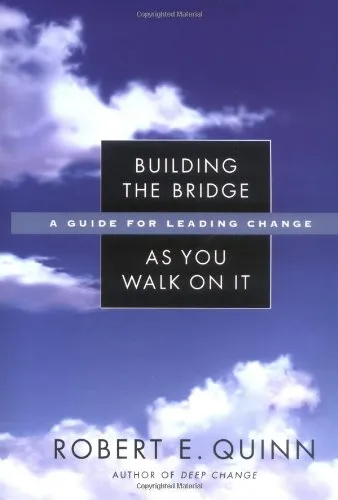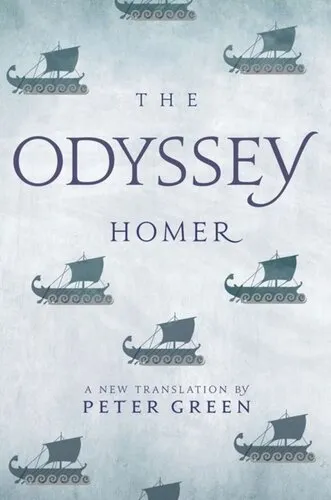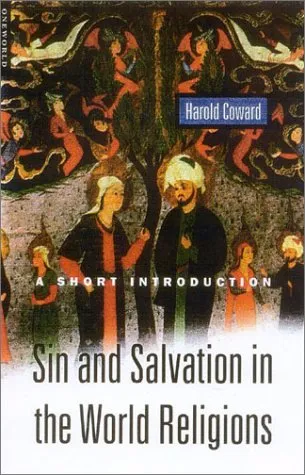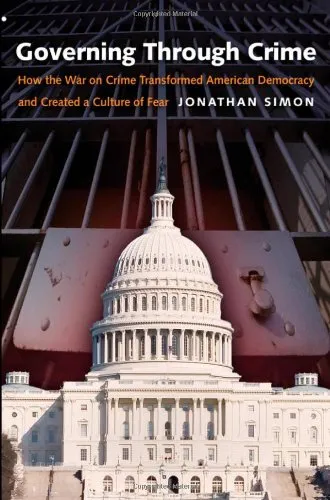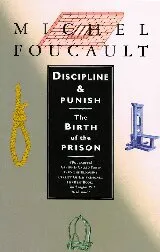Dante Alighieri’s Divine Comedy: The Inferno
4.5
بر اساس نظر کاربران

شما میتونید سوالاتتون در باره کتاب رو از هوش مصنوعیش بعد از ورود بپرسید
هر دانلود یا پرسش از هوش مصنوعی 2 امتیاز لازم دارد، برای بدست آوردن امتیاز رایگان، به صفحه ی راهنمای امتیازات سر بزنید و یک سری کار ارزشمند انجام بدینکتاب های مرتبط:
معرفی کتاب 'Dante Alighieri’s Divine Comedy: The Inferno'
کتاب 'Dante Alighieri’s Divine Comedy: The Inferno' یکی از شاهکارهای ادبیات جهان و یکی از مهمترین آثار ادبیات ایتالیایی است که توسط شاعر نامدار دانته آلیگیری در قرن چهاردهم نوشته شده است. این کتاب بخشی از 'کمدی الهی' (Divine Comedy) اوست و به بررسی عمیق نفس انسان و جهنم میپردازد.
خلاصهای از کتاب
'Inferno' اولین بخش از 'کمدی الهی' است. داستان با گم شدن دانته در یک جنگل تاریک آغاز میشود که نمادی از گمراهی روحی و اخلاقی است. او با کمک ویرژیل، شاعر بزرگ رومی، سفری به جهنم را آغاز میکند. جهنم در این اثر به صورت یک قیف عظیم توصیف میشود که دارای نه حلقه است. هر حلقه نشاندهنده یک گناه خاص است، و مجازاتهای متناسب برای هر گناه طراحی شدهاند. در طول این سفر، دانته با روحهای مختلفی ملاقات میکند که نمایشگر برخی از شناختهشدهترین شخصیتهای تاریخ و اساطیر هستند.
نکات کلیدی
- بررسی عمیق مفاهیم گناه و مجازات.
- تشریح مجازاتهای جهنم به عنوان نمادی از عدالت الهی.
- نقد اجتماع و سیاستهای زمان دانته از طریق شخصیتها.
- اهمیت راهنمایی و دوستی در نجات روحی انسان.
نقل قولهای معروف از کتاب
«Abandon all hope, ye who enter here.»
«In the middle of the journey of our life, I came to myself, in a dark wood, where the direct way was lost.»
چرا این کتاب مهم است
'Inferno' نه تنها از منظر ادبی بسیار با ارزش است، بلکه از نظر فلسفی و معنوی نیز تحلیلهای عمیق ارائه میدهد. این کتاب تصویری از وضعیت انسانی و ناتوانیهای او را ارائه میدهد و از طریق نمادهای قدرتمند، توجه خوانندگان را به ضرورت اصلاح نفس و تسلط بر ضعفهای اخلاقی جلب میکند. همچنین، با ارجاع به شخصیتهای تاریخی و اسطورهای، دانته نشان میدهد که چگونه اعمال گذشته افراد بر سرنوشت نهایی آنها تأثیر میگذارد.
Introduction
Dante Alighieri’s Divine Comedy: The Inferno is a masterpiece of Italian literature that is as compelling today as when it was first penned in the 14th century. Renowned for its imaginative and metaphorical depiction of the afterlife, "The Inferno" is the first of three parts of Dante’s epic poem, followed by "Purgatorio" and "Paradiso." This introduction aims to offer insights into why this book remains pivotal, providing readers both a spiritual and a psychological journey through the dark corridors of sin and redemption.
Detailed Summary of the Book
Set in the medieval world’s worldview, The Inferno starts during Holy Week in the year 1300, with Dante finding himself lost in a dark, ominous forest. This symbolizes the soul astray from the righteous path. Guided by the spirit of the Roman poet Virgil, Dante embarks on an odyssey through Hell, depicted as nine concentric circles of suffering, each designed for a different class of sin. As they travel deeper into the bowels of Hell, they encounter a myriad of sinners suffering uniquely poignant punishments. Each circle of Hell reflects a corresponding sin such as lust, gluttony, greed, and betrayal. By experiencing first-hand the outcomes of sinfulness, Dante conveys moral lessons and social critiques relevant to his time and ours. The Inferno concludes as Dante and Virgil escape the dreadful confines of Hell, setting the stage for the next leg of their journey, through Purgatory and eventually to Paradise.
Key Takeaways
- Moral and Ethical Reflections: The Inferno serves not just as a narrative of punishment but as a tool for introspection on human morality and the consequences of actions.
- Allegorical Interpretations: Every character and event symbolizes deeper spiritual, social, or political meanings, offering layers of interpretation suitable for varied audiences.
- Literary Genius: Dante’s use of vernacular Italian instead of Latin was groundbreaking, democratizing literature and influencing modern literary traditions.
- Characterization and Imagery: Through vivid descriptions and elaborate characterizations, Dante creates an immersive world that leaves a lasting impression on readers.
Famous Quotes from the Book
"Abandon all hope, ye who enter here."
"The darkest places in hell are reserved for those who maintain their neutrality in times of moral crisis."
Why This Book Matters
The Inferno’s relevance transcends time, offering insights into human nature and the consequences of our choices. Beyond its theological implications, Dante’s journey navigates the complexity of human emotion, ambition, and morality, remaining a pertinent study of the human condition. Many scholars perceive The Inferno as a critique of the political and religious climate of Dante’s time, yet it stands as a universal exploration of right versus wrong. The Inferno challenges readers to confront their moral compass and offers a glimmer of hope in redemption. Its rich narrative structure and profound allegorical interpretations ensure that Dante Alighieri’s The Inferno remains essential reading for understanding the fabric of Western literature and philosophy.
دانلود رایگان مستقیم
شما میتونید سوالاتتون در باره کتاب رو از هوش مصنوعیش بعد از ورود بپرسید
دسترسی به کتابها از طریق پلتفرمهای قانونی و کتابخانههای عمومی نه تنها از حقوق نویسندگان و ناشران حمایت میکند، بلکه به پایداری فرهنگ کتابخوانی نیز کمک میرساند. پیش از دانلود، لحظهای به بررسی این گزینهها فکر کنید.
این کتاب رو در پلتفرم های دیگه ببینید
WorldCat به شما کمک میکنه تا کتاب ها رو در کتابخانه های سراسر دنیا پیدا کنید
امتیازها، نظرات تخصصی و صحبت ها درباره کتاب را در Goodreads ببینید
کتابهای کمیاب یا دست دوم را در AbeBooks پیدا کنید و بخرید
1402
بازدید4.5
امتیاز0
نظر98%
رضایتنظرات:
4.5
بر اساس 0 نظر کاربران
Questions & Answers
Ask questions about this book or help others by answering
No questions yet. Be the first to ask!
